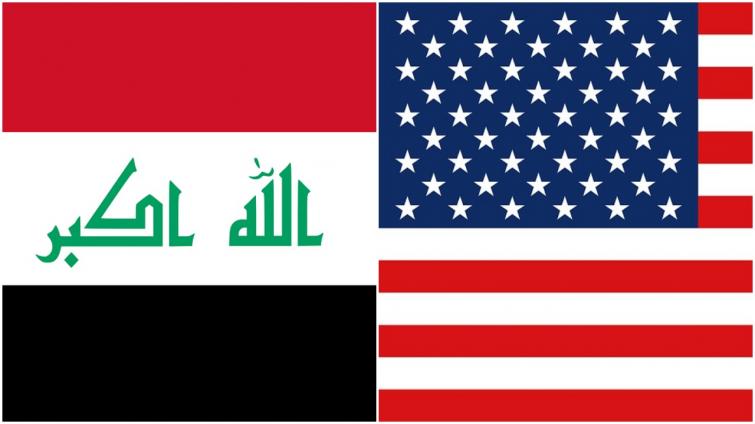
Baghdad, Apr 28 (Xinhua/UNI) Iraqi Foreign Ministry on Sunday said that it has summoned the charge d'affaires of the US embassy in Baghdad over comments on social media considered offensive to the diplomatic norms.
Iraqi Foreign Ministry Spokesman Ahmed al-Sahaf told Xinhua that the ministry summoned the U.S. charge d'affaires on what was considered "a violation of diplomatic norms and international rules governing the operation of missions in host states."
The summon of the US diplomat came amid anger among Iraq Shiite parties against the United States after the US embassy in Baghdad accused Iran's Supreme Leader Ayatollah Ali Khamenei of corruption while his people is living in poverty.
"The publishing by a diplomatic mission in Iraq against one of Iraq's neighbors and its religious or political symbols is contrary to the principles of the Iraqi constitution and Iraqi foreign policy," al-Sahaf said.
Iraqi Foreign Ministry issued a statement late Saturday, demanding the US embassy to "delete the offensive publication, and refrain from issuing such publications in the future."
Al-Sahaf also expected that the Iraqi ministry to summon the Bahraini Ambassador in Iraq over a tweet posted by Bahrain's Foreign Minister Sheikh Khalid bin Ahmed Al Khalifa, in which he commented offensively against the Iraqi prominent Shiite cleric Moqtada al-Sadr.
Al-Sadr issued a statement on Saturday and called for the "rulers of Yemen, Bahrain and Syria to step down immediately and to let the United Nations to hold elections away from interventions."
Al-Sadr's statement was originally issued to call on stopping dragging Iraq into US-Iran conflict and suggest to close the U.S. embassy in Baghdad.
He warned that the U.S. embassy will be under fire of the resistance fighters again, referring to the attacks carried out by militias previously on the Green Zone where the US embassy is located.
Al-Sadr's statement also came a few days after the U.S. President Donald Trump decided not to reissue the sanction waivers allowing major importers to continue buying Iran's oil when they expire in early May.
Following the exit from the Iran nuclear deal in May last year, the Trump's administration has kept piling up pressure on Iran through a series of sanctions and designations, which have been strongly opposed and criticized by Tehran.
Support Our Journalism
We cannot do without you.. your contribution supports unbiased journalism
IBNS is not driven by any ism- not wokeism, not racism, not skewed secularism, not hyper right-wing or left liberal ideals, nor by any hardline religious beliefs or hyper nationalism. We want to serve you good old objective news, as they are. We do not judge or preach. We let people decide for themselves. We only try to present factual and well-sourced news.







